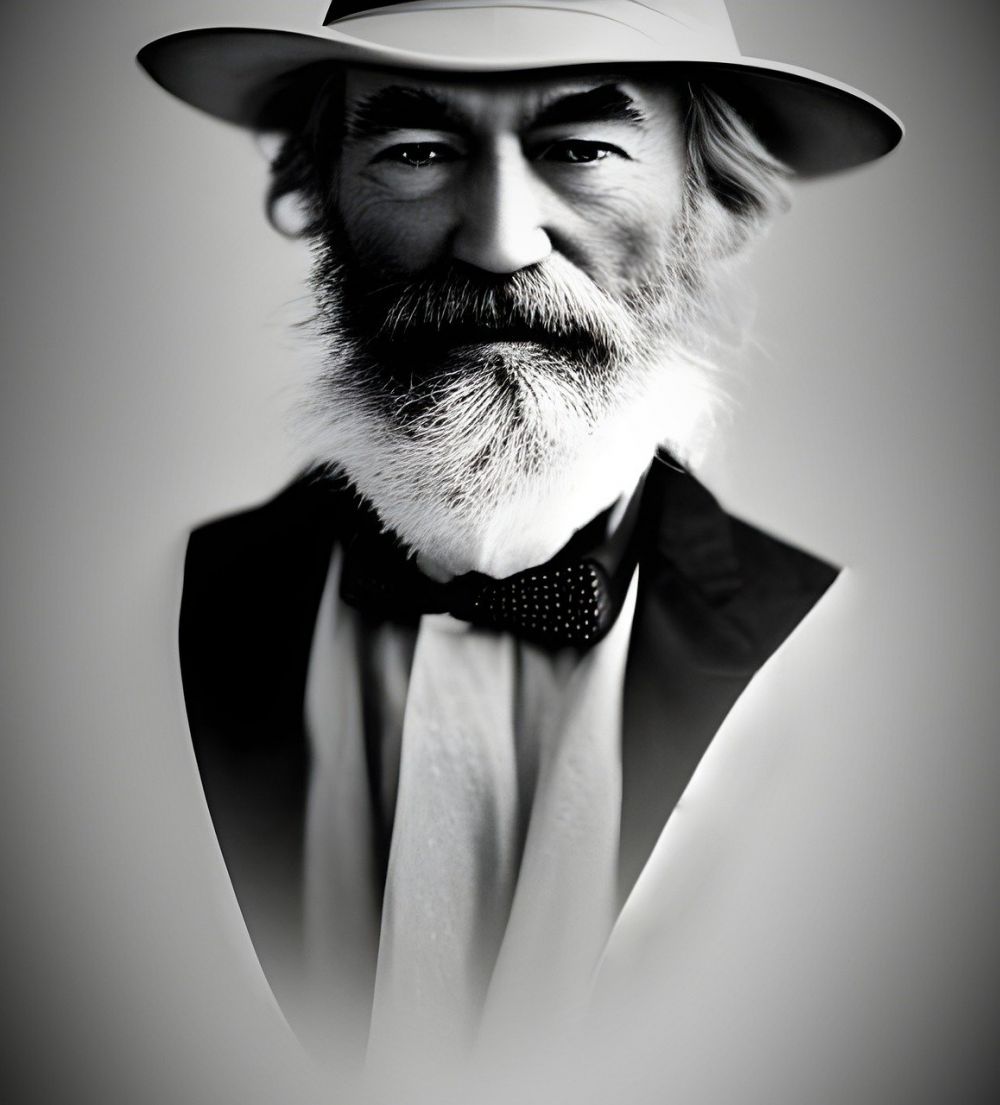George Orwell Books: A Deep Dive into the Masterpieces of Literary Genius

Introduction:
George Orwell, a prominent figure in the world of literature, renowned for his insightful and thought-provoking works, continues to captivate readers with his timeless stories. This article delves into the world of George Orwell books, providing an extensive overview for those interested in exploring his literary realm. From his socio-political commentaries to his dystopian creations, Orwell’s writings explore themes of power, corruption, and social injustice, offering readers a profound understanding of the human condition.
A Brief Historical Account:

George Orwell Books have undergone a significant evolution over time, reflecting the author’s changing perspectives and experiences. Born as Eric Arthur Blair in 1903, Orwell’s early works, including “Down and Out in Paris and London” and “Burmese Days,” shed light on his personal experiences with poverty and imperialism. These books showcase Orwell’s ability to infuse realism and social critique into his narratives, setting the stage for his later masterpieces.
In the mid-1940s, Orwell published two of his most influential works, namely “Animal Farm” and “Nineteen Eighty-Four.” These books marked a shift in Orwell’s writing style, as he ventured into the genre of dystopian fiction. Both novels astutely capture the dangers of totalitarianism, with “Animal Farm” allegorically depicting the Russian Revolution and “Nineteen Eighty-Four” portraying a nightmarish future under a repressive regime. These works continue to resonate with readers due to their astute political observations and haunting prophetic vision.
George Orwell Books: An In-Depth Exploration:
1. “Animal Farm”:
– Published in 1945, “Animal Farm” is a satirical novella that brings to life a group of farm animals who rebel against their human farmer, aiming to establish an egalitarian society. Through the narrative, Orwell critiques the flaws of socialism and the inherent corruptibility of power.
– Key themes: Corruption, abuse of power, the dangers of totalitarianism.
– Critical acclaim and impact: “Animal Farm” is highly regarded for its symbolic storytelling, with characters representing historical figures and ideologies. Orwell’s use of simple language and allegory makes this book accessible yet profoundly thought-provoking.
2. “Nineteen Eighty-Four”:
– Published in 1949, “Nineteen Eighty-Four” paints a chilling picture of a dystopian society governed by a surveillance state called Big Brother. The protagonist, Winston Smith, rebels against the oppressive regime, highlighting the importance of individualism and the fight for freedom.
– Key themes: Totalitarianism, surveillance, manipulation of truth.
– Critical acclaim and impact: “Nineteen Eighty-Four” is regarded as one of the greatest dystopian novels ever written. Its concepts, such as the Thought Police and the omnipresent slogan “Big Brother is watching you,” have become iconic symbols of oppressive regimes.
3. “Down and Out in Paris and London”:
– Published in 1933, this semi-autobiographical work sheds light on Orwell’s firsthand experiences with poverty and homelessness. Through vivid descriptions, the author presents a stark portrayal of the working class and the challenges they face.
– Key themes: Poverty, social inequality, labor exploitation.
– Critical acclaim and impact: “Down and Out in Paris and London” showcases Orwell’s skill in capturing the harsh realities of life for the marginalized. Its gritty realism resonates with readers, shedding light on the socio-economic issues that persist today.
4. “Burmese Days”:
– Published in 1934, “Burmese Days” explores the theme of imperialism through the experiences of a British colonial officer in Burma. Orwell delves into the complexities of race, identity, and the destructive nature of colonial rule.
– Key themes: Imperialism, racial prejudice, identity.
– Critical acclaim and impact: “Burmese Days” showcases Orwell’s ability to combine personal experiences with social commentary. It offers readers a nuanced perspective on the effects of colonialism and the struggle for personal and cultural identity.
Conclusion:
George Orwell books encompass a diverse range of literary treasures that continue to resonate with readers around the world. From his early works highlighting social inequality to his later dystopian novels warning against the dangers of totalitarianism, Orwell’s writings provide readers with profound insights into the human condition. Through his compelling storytelling and incisive social critique, Orwell’s legacy as a literary genius endures.
Sources:
– Orwell, George. “Animal Farm.”
– Orwell, George. “Nineteen Eighty-Four.”
– Orwell, George. “Down and Out in Paris and London.”
– Orwell, George. “Burmese Days.”





